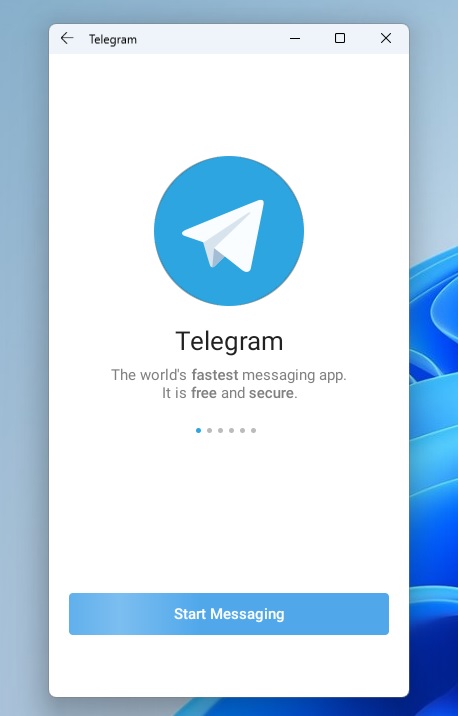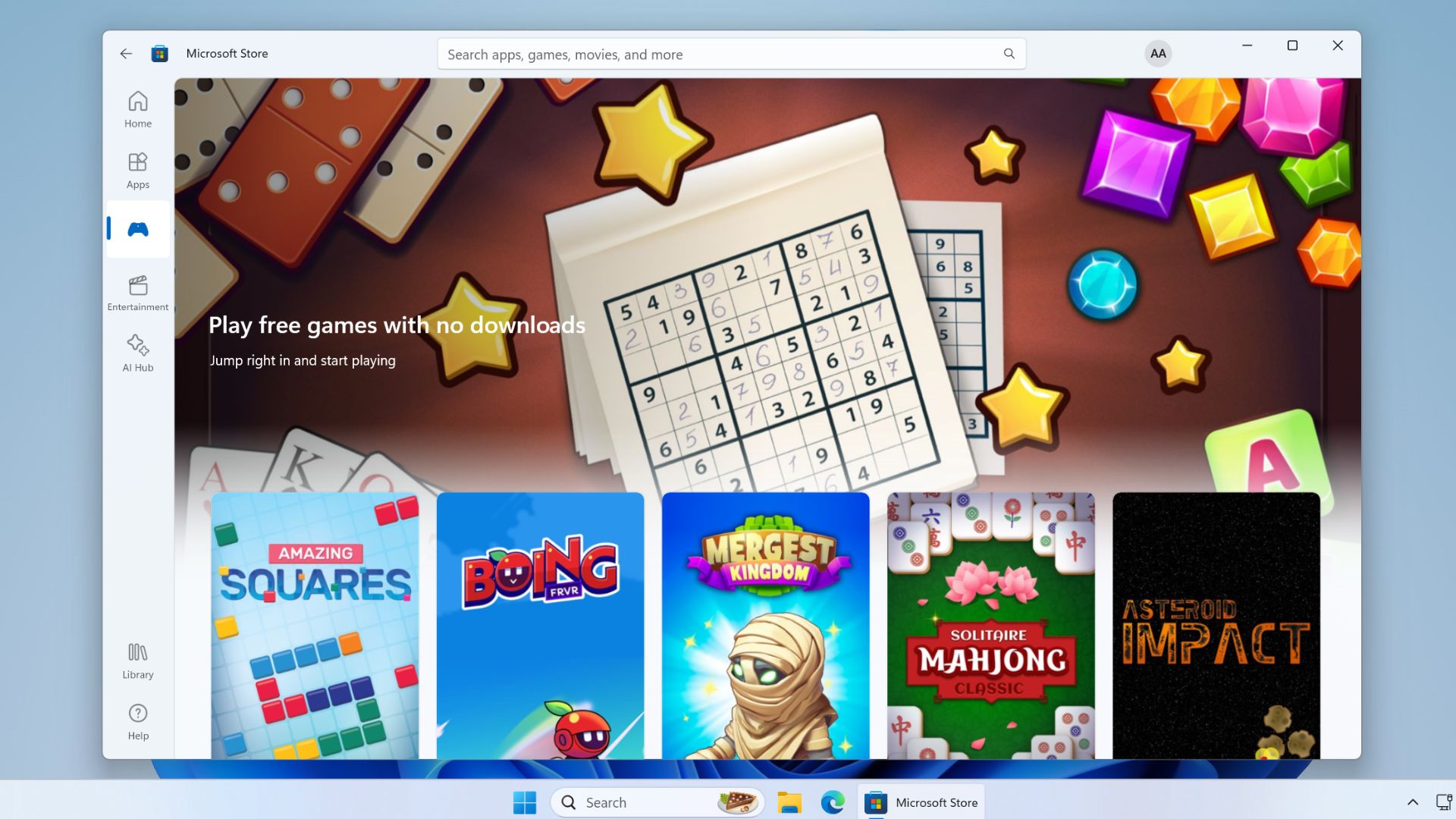Microsoft is slowly developing a reputation for killing products when they fail to make money after their launch. More recently, Microsoft announced that it’s killing off the Windows Subsystem for Android, seemingly for no good reason. But, a former developer who used to work there said it’s because the Microsoft Store isn’t making enough money.
It turns out that developers working on the Windows Subsystem for Android project were funded by Microsoft Store revenue. Even though the technology and idea were cool, with the former executive Panos Panay calling it the flagship feature of Windows 11, the project had to end because the Microsoft Store wasn’t making enough money.
As first spotted by Windows Latest, Microsoft’s former developer Andrew Clinick noted that Windows Subsystem for Android was great, but having lots of apps in the Store is important. The revenue from the Microsoft Store is needed to pay for the WSA’s development.

Andrew Clinick, who was a Partner Group Program Manager of WSA and spent over 30 years at Microsoft, explained that WSA was dependent on Microsoft Store revenue.
On the other hand, projects like Windows Subsystem for Linux will continue to exist as Microsoft uses them. Additionally, Windows Subsystem for Linux (WSL) is a well-funded project because it can help Microsoft services. WSA needed its own store earnings to support itself.
“Store revenue pays the bills and salaries of the WSA team. WSL acrues to Azure, and so has a profit center. WSA without a store is awesome but doesn’t help Windows financially,” writes Microsoft developer Andrew Clinick in a post to X.
Microsoft has been trying to bring more apps to the Windows Store and attract big developers, but the efforts have not been enough to boost the Store’s revenue.

Convincing developers to add their apps to the store was very hard, especially because Google’s services, which many apps use, weren’t available.
The former Microsoft developer said that without Google’s services, there wouldn’t be many good solutions. When Google decided not to participate in the WSA project, it was clear that it wouldn’t work out.
“Honestly, when Google walked away the nails were in the coffin,” he added.
Microsoft messed up the rollout of Windows Subsystem for Android
While WSA needed a successful Microsoft Store to fund itself, it’s a fact that Microsoft messed up its rollout.
For several months, Windows 11’s Android project was available only to Windows Insiders in the United States. When Windows 11 was initially shipped to consumers, WSA was missing. And why would anyone join a buggy beta program just to try out their mobile apps?
Finally, more than a year after its original announcement, Microsoft started rolling out WSA outside the United States, but most of the new features were initially limited to the Windows Insider Program.
This pattern is all too familiar with many Windows or Microsoft products. They launch a feature that’s not fully developed or meant for a small group of users. When it fails to attract users or make money, the feature is eventually dropped.
